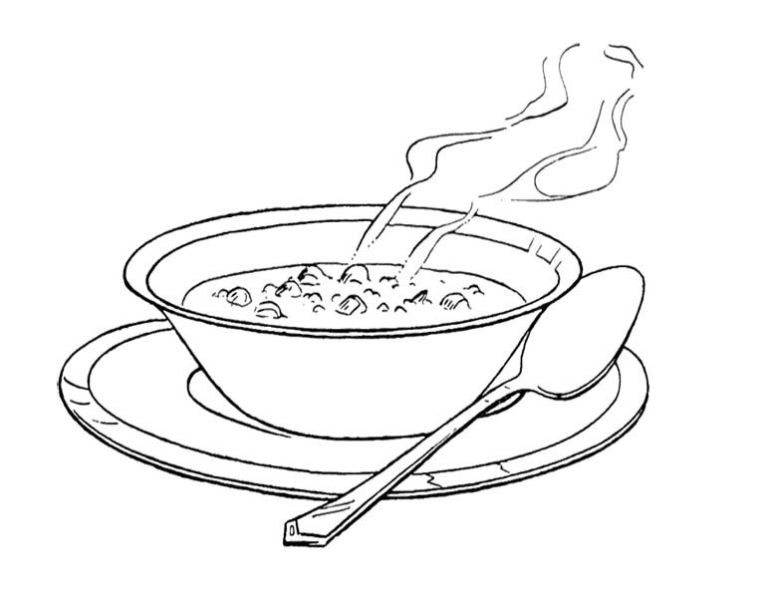Miss Lola places casserole dishes on the table. She forms neat rows. The table is full. There is enough Southern fare here to sink the U.S.S. Humdinger.
Close your eyes and imagine heaven’s own Golden Corral franchise. That’s what this fellowship hall is.
There are old women everywhere. They are buzzing through the room making sure things happen.
Miss Lola walks with a hunched back and resembles the late Kathryn Tucker Windham. She makes coffee in the Baptist Bunn machine.
The church roof has just been replaced. The fellowship hall was supposed to be renovated, but they ran out of money.
“New roof is expensive,” remarks Miss Lola. “The other ladies wanted new appliances and new floors, but all we could afford was the new roof and refrigerator.”
For supper, Miss Lola sits beside me. She eats slower than it takes to read the unabridged version of Gone With the Wind.
“Who fried this chicken?” someone asks.
“Ruth,” Miss Lola says. “But hers ain’t as good as mine.”
Humility isn’t Miss Lola’s only affliction. She has rheumatoid arthritis. Her condition
prevents her from doing things she loves. Like cutting chicken, or manning skillets. It has not, however, affected her delicate tastes.
“This chicken's too soggy,” she adds. “Mine was never soggy.”
The macaroni and cheese is equally as magnificent. It comes from Miss Lola’s niece, who just turned fifteen.
The kid used her grandmama’s recipe and made the old woman proud.
When Miss Lola finishes eating, she hobbles between tables. She wears a blue apron. She gathers used paper plates and silverware from people who have finished eating. Some servants never quit.
After supper, the room empties. People leave for the sanctuary. Save for a few women. Those who stay behind are mostly gray and white.
I stay, too. I collect trash and fold chairs. Miss Lola and I fold tables and nearly amputate three of my favorite fingers.…







